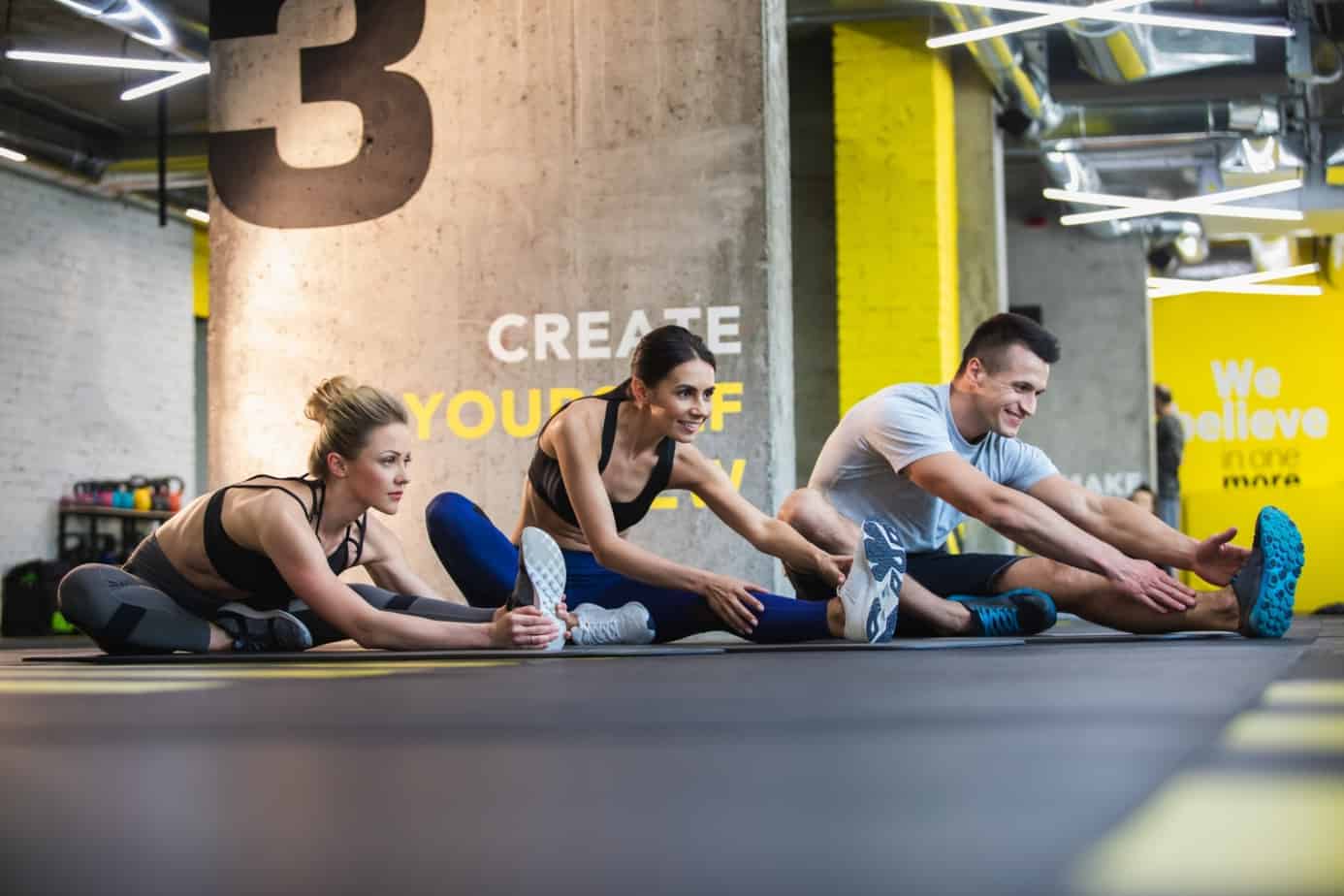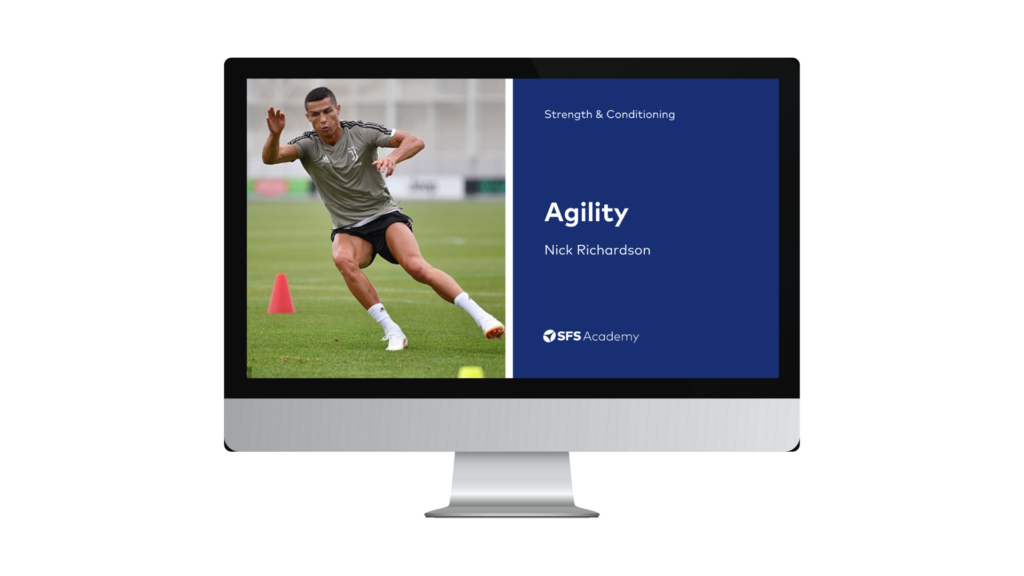How yoga can help athletes manage stress and improve performance
Yoga provides many recovery benefits from both physiological and psychological stress, which can correlate to improved athletic performance.
- Some stress is required for athletes to achieve their optimum performance, but it’s a balancing act – too little stress and athletes become bored but if stress becomes too high, they can experience anxiety.
- Yoga provides many recovery benefits from both physiological and psychological stress which correlates to improved athletic performance.
- Athletes should complete two 30-minute yoga sessions per week to maximise their recovery.

Yoga for recovery: Why you should ponder it as an option
Stress is often perceived as inherently bad for athletic performance. It has been cited to be one of the main contributors to feelings of anxiety, depression, and even physiological issues like cardiovascular disease. Despite technological and medical advancements, stress can be difficult to recognise, manage, and can negatively impact performance.
Despite the negative impact of stress, Yerkes and Dodson (1908) explained not all stress is bad. In fact, some stress is required for athletes to achieve their optimum performance. Commonly referred to as the inverted-U theory of stress, the researchers’ work dictates that performance increases with physiological or mental arousal, but only to a point. Too little stress and athletes become bored, but if stress becomes too high, then the very same athletes can experience acute anxiety or unhappiness, says a leading performance coach.
“Stress and recovery need to be strategically implemented to elicit increases in athletic performance … where lots of coaches struggle today is that they do not emphasise the importance of recovery, or lack the recovery modalities to accurately address both physical and mental stress,” said Paige Schober, assistant athletic performance coach at the University of California, during her Science for Sport Presentation titled ‘Recovery Yoga for High Performing Athletes’.
Athletes commonly experience the following, if stressed:
Physical stress
- Muscle damage
- Fatigue
- Sleep disturbances
- Testosterone imbalances
Psychological stress
- Burnout
- Staleness
- Depression
- Mental health issues
How yoga can mitigate stress
There is a high correlation between the variables studied in physiological and psychological stress accumulation and the benefits of yoga, Schober said.
“If done correctly, yoga can play a key role in maintaining and improving the physical and mental health of athletes whilst also developing athletic performance through improved recovery,” said Schober.
Yoga helps by improving an athlete’s mindfulness, breathing, movement, relaxation response, and psychological resilience. Schober explained that together, this leads to favourable on- and off-field performance improvements including but not limited to:
Physiological benefits of yoga
- Decreased soreness
- Increased pain tolerance
- Improved sleep
- Increased immune function
Psychological benefits of yoga
- Decreased self-reported stress
- Increased energy
- Increased self-reported recovery
- Decreased depression levels
Yoga prescription for athletes
Schober outlined some best practises for how to prescribe yoga effectively for athletes:
- Athletes should complete two 30-minute yoga sessions per week to maximise their recovery.
- An additional 60-minute session is recommended if the athlete’s time schedule accommodates.
- Teach a prolonged exhale technique to take control of breathing during yoga practice.
- With reference to movements, start with a simple, accessible posture to target mobility and flexibility needs.
- Allow your athletes to become more resilient by progressively challenging and overloading through different yoga examples.
- The greatest influencer for athlete buy-in is word of mouth from other athletes who have attended, so be sure to share testimonials from similar other athletes.
[optin-monster slug=”nhpxak0baeqvjdeila6a”]




